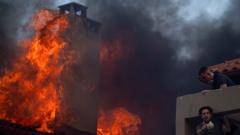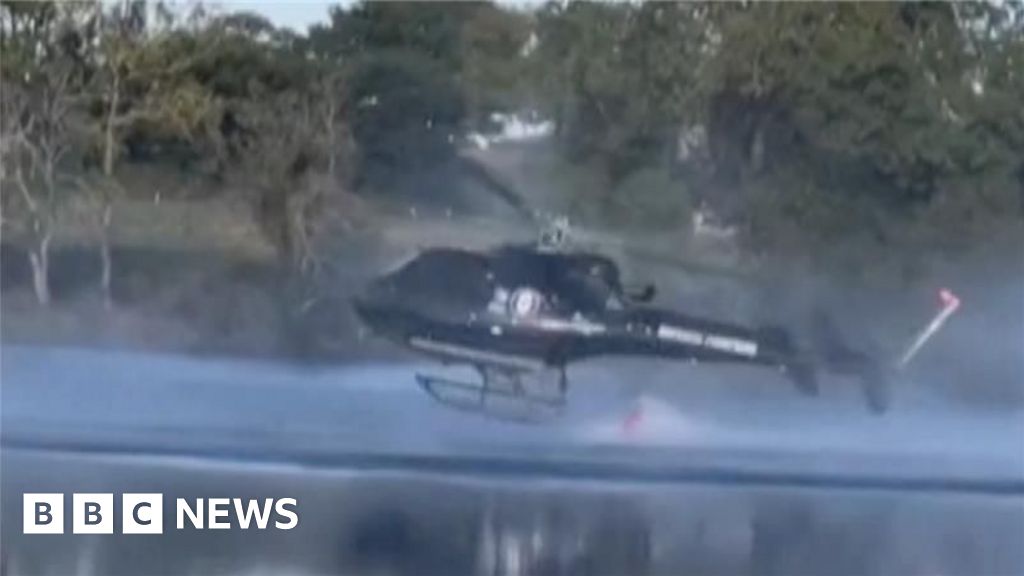Greece is currently grappling with significant wildfires fanned by a relentless heatwave, with firefighters managing multiple outbreaks nationwide. On Sunday, temperatures soared to 42.4°C (108.32°F) in central Greece, prompting emergency measures. Firefighters focused their efforts on five key fire fronts in the Peloponnese region and the islands of Evia, Kythira, and Crete.
Meanwhile, Turkey is recording alarming weather patterns, including its highest-ever temperature of 50.5°C in Silopi, triggering widespread wildfires. Ibrahim Yumakli, Turkey’s forestry minister, described the ongoing situation as particularly precarious, indicating that full containment of the fires may take several days.
Recent reports highlighted challenges faced by firefighters in Karabuk province after deadly incidents, including the tragic loss of ten lives while combating a fire in Eskisehir. Local authorities in Turkey have instituted water consumption restrictions in response to the growing crisis.
In Greece, exacerbating factors like high winds have complicated firefighting efforts, prompting the country to request urgent support from the EU Civil Protection Mechanism for additional aircraft. Reports from the fire brigade indicated a slight improvement overnight, although the situation remains dire, with significant damage reported across multiple areas.
On the island of Kythira, where flames rapidly spread, it's estimated that 20% of the territory has been impacted, leading to new evacuation orders for residents. Firefighters continue to combat the intensifying blaze with the aid of helicopters and water-bombing aircraft.
Evia is also experiencing critical conditions as uncontrolled fires near Pissona threaten numerous communities, with several firefighters requiring hospitalization due to injuries sustained in the line of duty. The Polithea region in Messinia has seen additional wildfires erupt, causing extensive damage to homes and agricultural lands.
The fires near Athens continue to pose danger, forcing evacuations in areas like Afidnes as flames spread through Drosopigi and Kryoneri. While authorities have reported that some fronts are contained, many hotspots remain active, igniting further concern for residents.
In the Crete region, firefighters are engaged in a 20km-long firefighting endeavor against a massive wildfire that is devastating ecological resources, affecting farms, livestock, and local electricity infrastructure.
As wildfires have become increasingly common in recent years, incidents on islands like Chios last month and Crete earlier this July raise alarms about management and preventive strategies against the growing climate crisis. Citizens are encouraged to report experiences or damage due to the wildfires as this catastrophe intensifies across the Mediterranean.



















